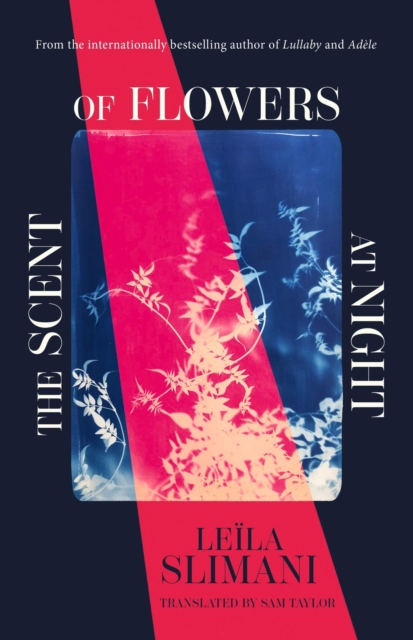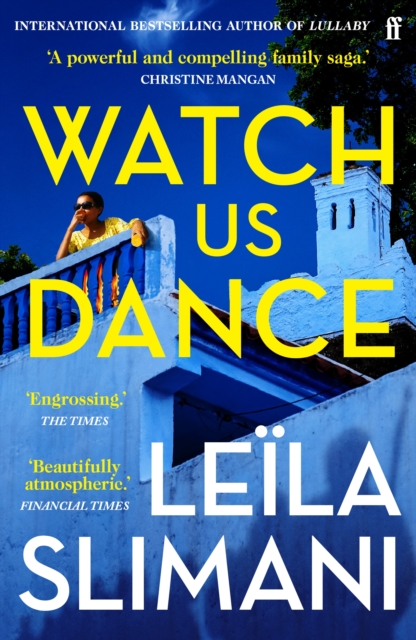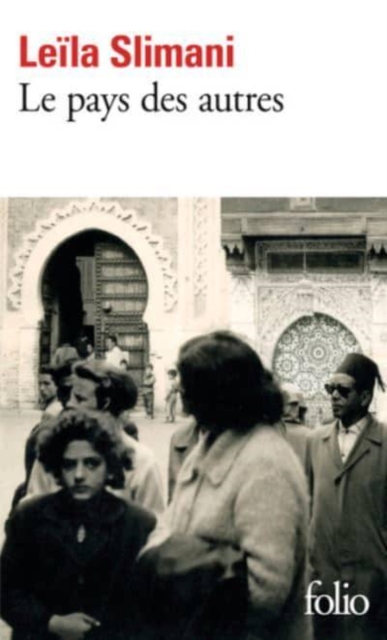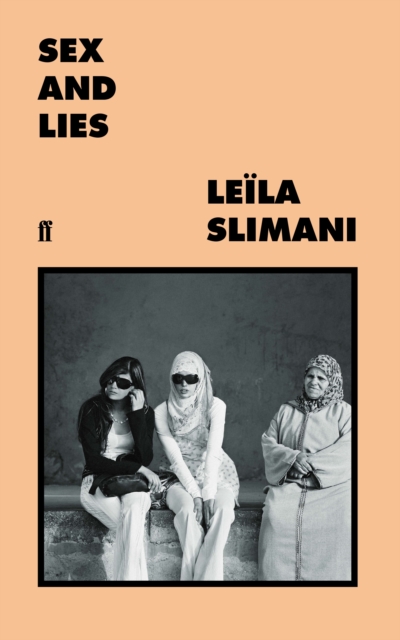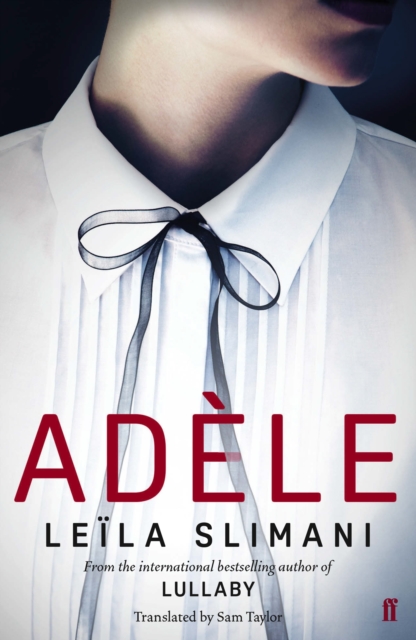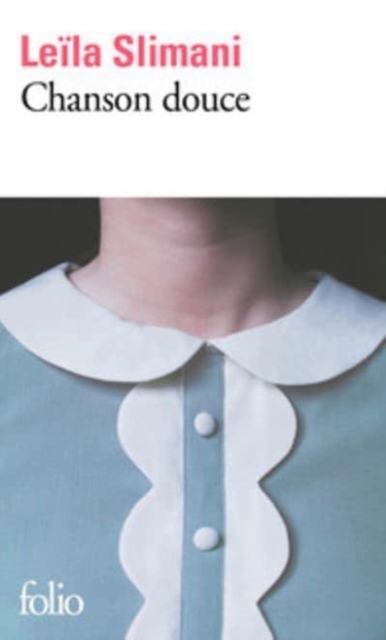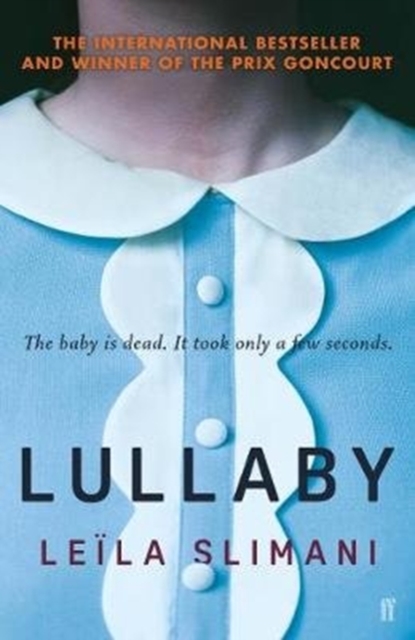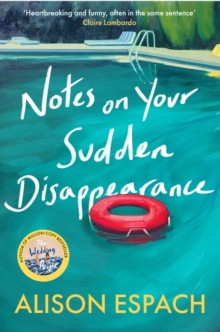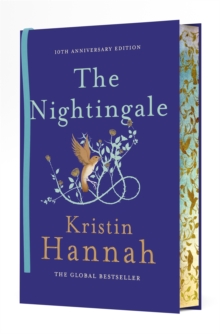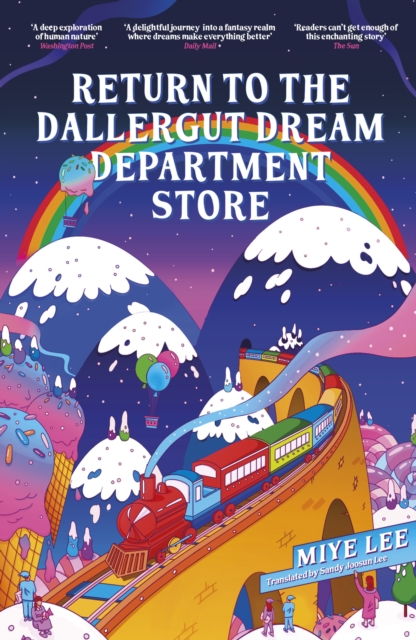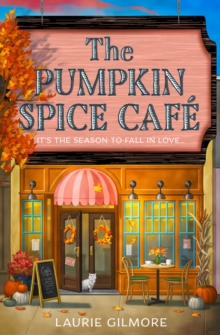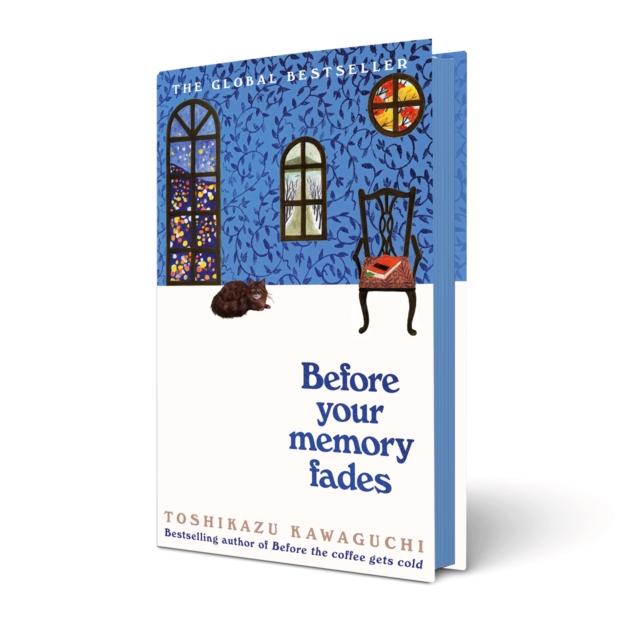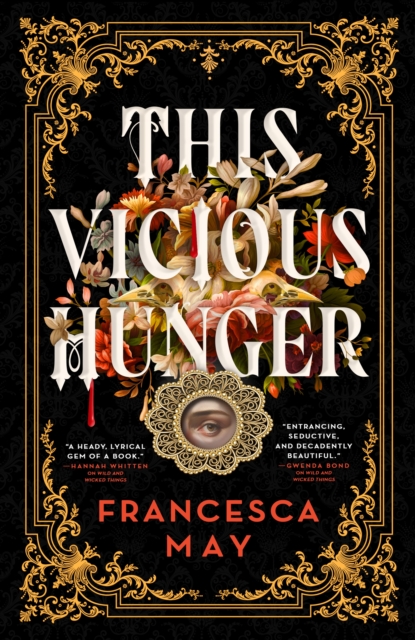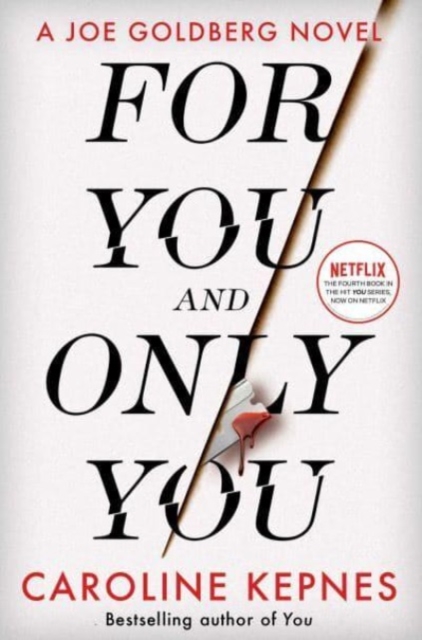1944. After the Liberation, Mathilde leaves France to join her husband in Morocco.
But life here is unrecognisable to this brave and passionate young woman. Her life is now that of a farmer's wife - with all the sacrifices and vexations that brings. Suffocated by the heat, by her loneliness on the farm and by the mistrust she inspires as a foreigner, Mathilde grows increasingly restless.
As Morocco's struggle for independence intensifies, Mathilde and her husband find themselves caught in the crossfire.
Dazzling - ambitious, stylish, deeply evocative, and with such clever and intimate characterisation. A terrific achievement. -- Emma Stonex
__________________________________________________
The world of this novel - Morocco after World War II, leading up to the revolt against French colonialism - is beautifully created. Personal life, social life, everyday life spring vividly from the page, and we feel deeply for the family caught in the middle of the conflict of history. An exceptional, powerful novel from this justly celebrated writer. -- Salman Rushdie
A powerful and compelling family saga-about women and subjugation, otherness and belonging, and the often conflicting loyalty to both family and country-written with a deftness that has come to define Leila Slimani's writing. It will no doubt resonate in the reader's mind long after the final sentence is read. -- Christine Mangan
A narrative at once richly layered and deceptively simple. I loved it and didn't want it to end. -- Claire Messud
Slimani excels at telling this wide-ranging story, expertly folding themes of love, loss, alienation, gender, and belonging into a complex narrative. ― Vogue
Slimani's writing has a tremendous evocative power: we see the earth, the house, the dust. We smell the sweet scent of oranges and the acrid smell of sweat. We feel the fear when the nationalist revolt rumbles all over Morocco . . . The Country of Others is a magnificent novel. ― La Presse
A powerful family saga. -- Le Parisien
Aceasta este o carte in limba engleza. Descrierea cartii (tradusa din engleza cu Google Translate) este in limba romana din motive legale.
1944. Dupa Eliberare, Mathilde paraseste Franta pentru a se alatura sotului ei in Maroc. Dar viata de aici este de nerecunoscut pentru aceasta tanara curajoasa si pasionala.


